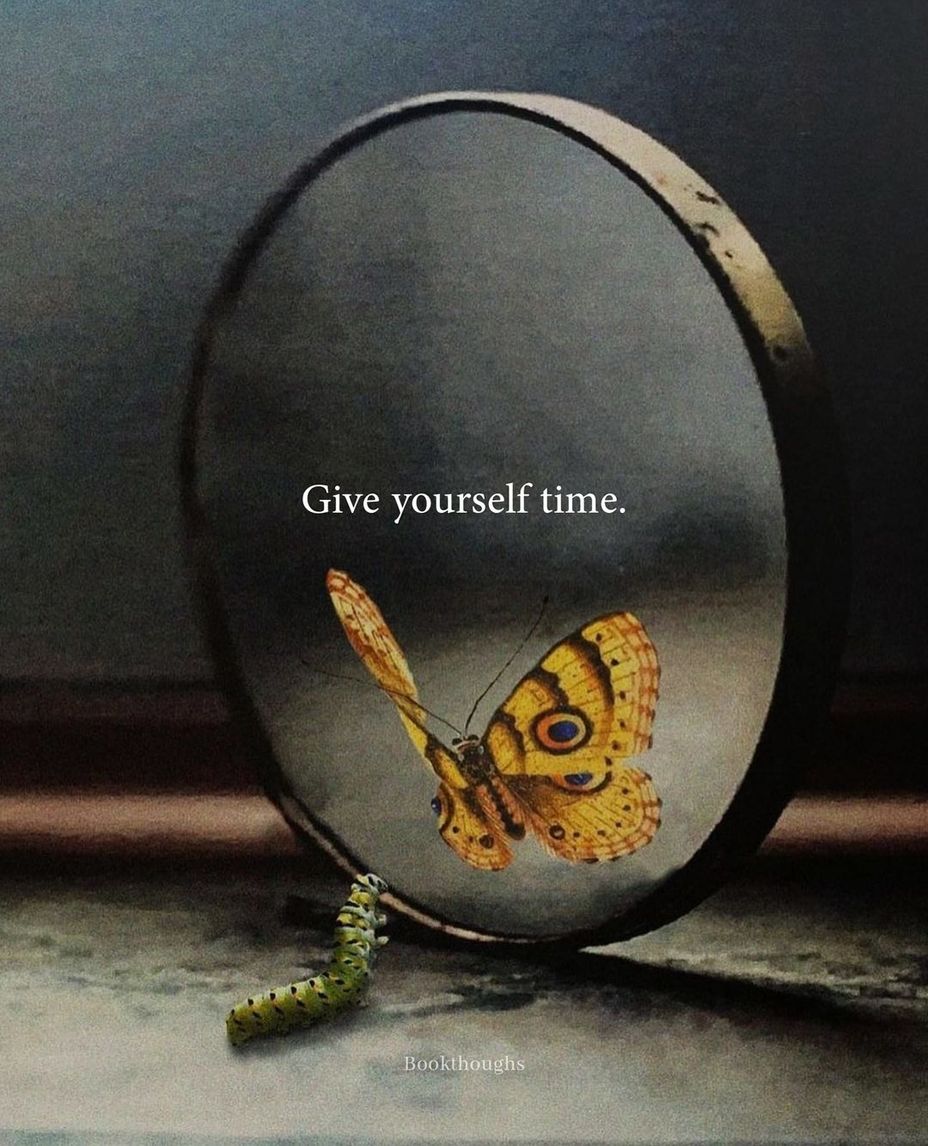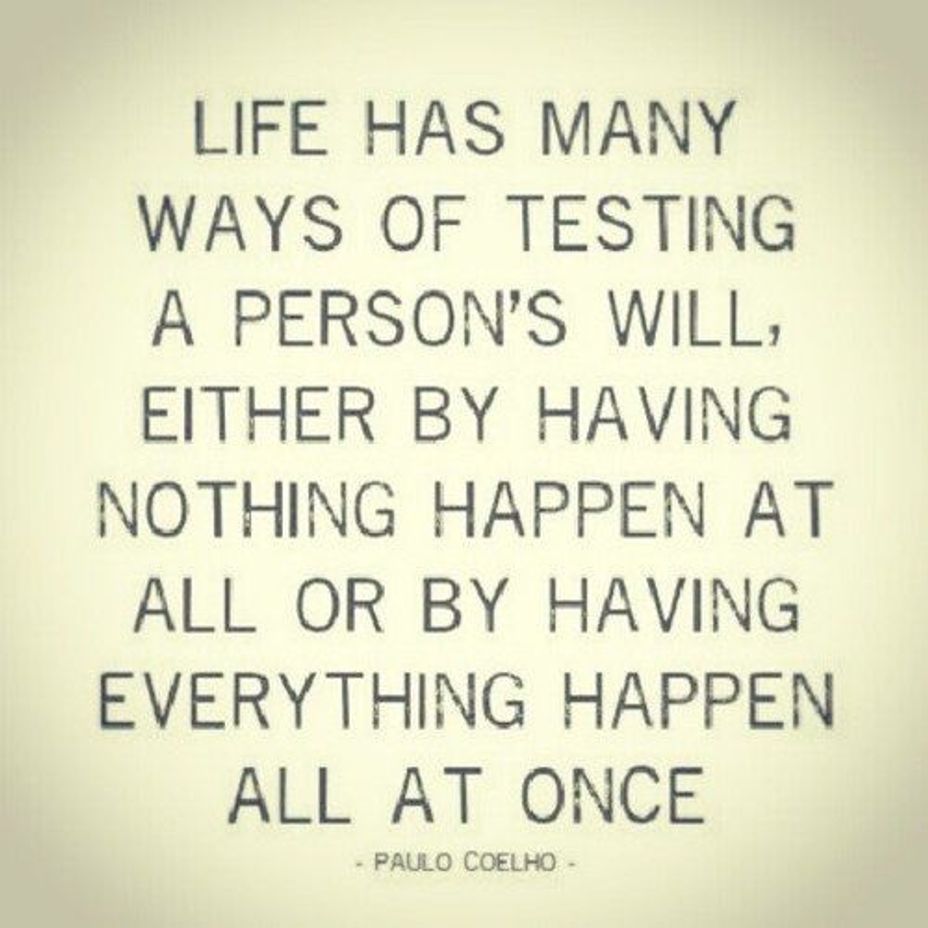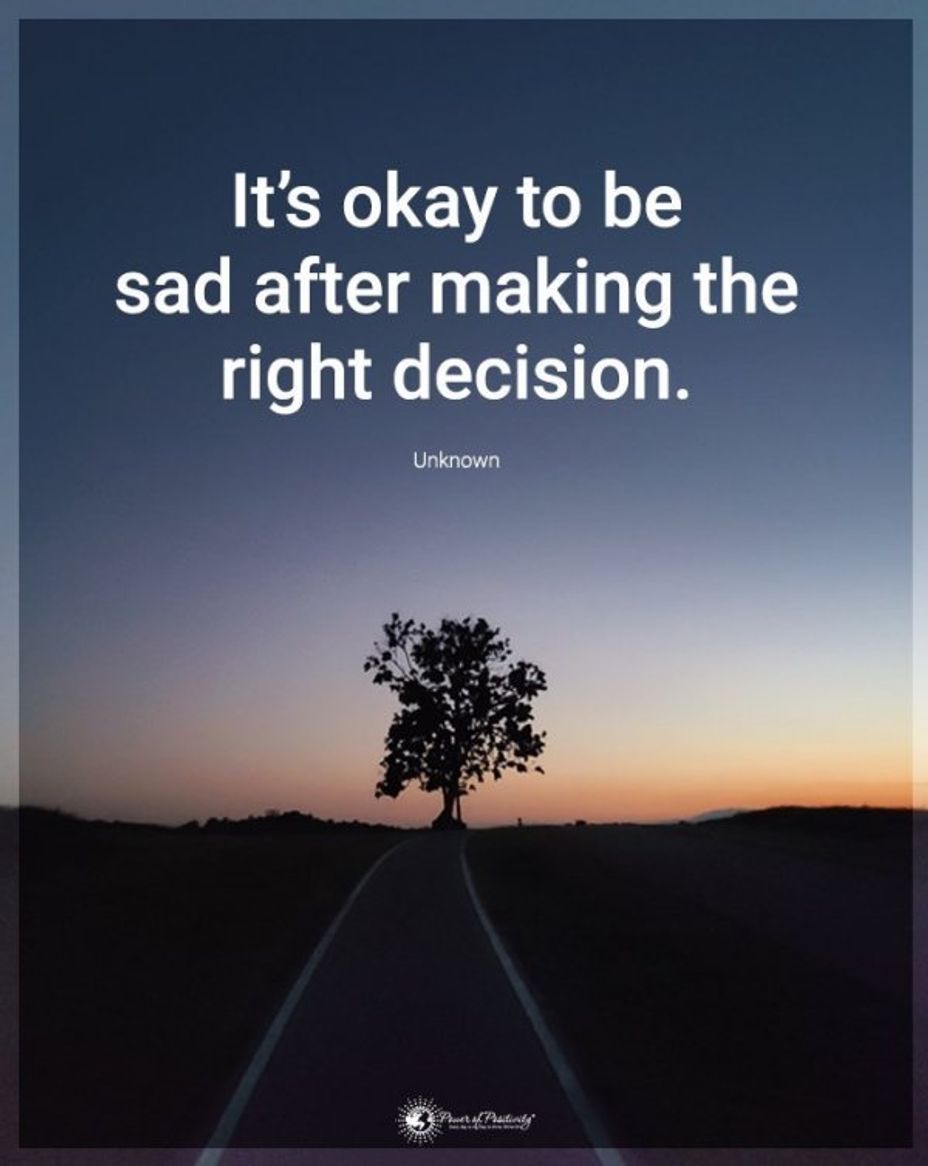Some of the best things in this world can come from feeling successful in what we do with our lives. Our jobs do not define who we are, but help us discover parts of ourselves we never knew existed.
I find it challenging to think about all the losses I experienced, just as you likely do. Working hard is an activity that we try to do as we attempt to become the best versions of ourselves at our jobs.
These discoveries of positives and negatives (opinions of ourselves) can help us translate them into strengths and weaknesses. However, our weaknesses do not mean we are weak people in particular, especially when it comes to completing challenging tasks.
My heart breaks 💔 when I think about all my previous jobs. I felt as if jobs were like relationships, you date them for a while, and if it does not work well, you find another place. This nearly killed my approach to working, though, because it meant I was struggling to find the right place.
At 39 years old, I feel scared as though I have so many wasted years behind me. However, this is not true. Sure, I am unable to "start" my career still because of the great saying, "You need experience" in order to get any type of experience in that job. I am struggling. But I am not giving up.
#Job
#BTSArmy
#Work
#BipolarDisorder
#AnxietyDisorder
#PanicDisorder








